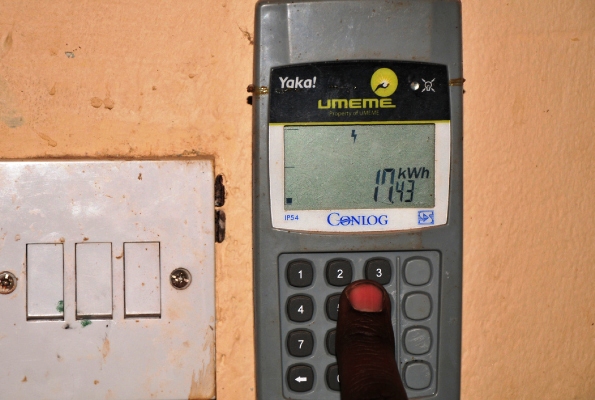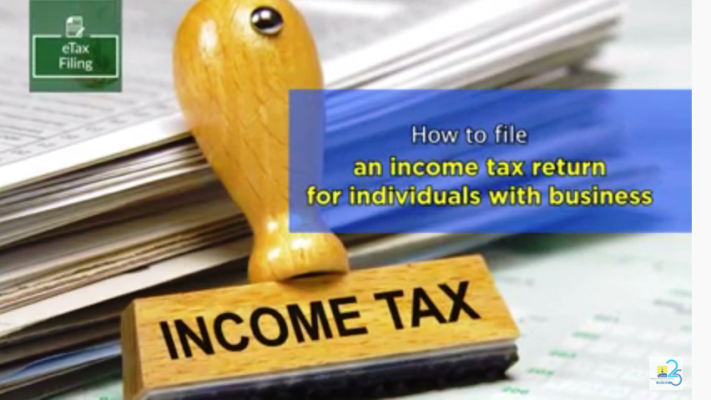Labour recruitment and export companies have rejected the demand by government through Ministry of Gender, Labour and Social Development that they submit their 2017/18 bank statements for verification.
In a letter dated 5th June 2019 to all external labour recruitment companies obtained by Business Focus, Pius Bigirimana, the Permanent Secretary at the Ministry of Gender, Labour and Social Development asks labour recruitment companies to submit bank statements for Financial Year 2017/2018 as well as a list of their employees.
Bigirimana (in featured photo) says that Uganda Revenue Authority (URA) requested for the above information in accordance to S.42 of The Tax Procedures Code Act, 2014.
“The purpose of this letter therefore, is to request you to submit the information requested for through Uganda Association of External Recruitment Agencies (UAERA) by 10th June 2019,” Bigirimana’s letter reads.
However, a number of labour recruitment companies Business Focus has spoken to aren’t will to submit the information needed on grounds that it is illegal.
“We give them our audited financial statements when we are seeking renwal of licenses. We also pay taxes and file returns to URA. It’s illegal to ask for bank statements,” one of the players said on condition of anonymity for fear of reprisal.
“I am to take the bank statements, it would require a lot of time; these are huge and senstivr documents they are asking,” the source added.
Another player wondered whether Gender Ministry is a department within URA.
ALSO READ
FULL LIST: Gov’t Reveals Over 100 Licensed Private Recruitment Companies
The companies further argue that export of labour in Uganda is regulated by the Employment (Recruitment) of Ugandan Migrant workers abroad Regulations Statutory Instrument number 62 of 2005 which does not explicitly mention that the labour export companies are required to submit bank statements.
Additionally, the Bank of Uganda Final Consumer Protection Guidelines 2011under guideline 7(3)(a) provides for safeguarding consumer information and precludes financial service providers from disclosing information about a consumer to a third party except where the financial service provider is compelled by law to disclose the information or where the disclosure is made with express consent of the consumer.
“A bank statement falls within the definition of data which is defined under the Data Protection and Privacy Act to mean “information that is processed by means of equipment operating automatically in response to instructions given for that purpose,” a lawyer who didn’t want to be mentioned told this site.

According to the lawyer, Section 10 of the Data Protection and Privacy Actprovides for protection of privacy and states that a data collector, data processor or data controller shall not collect, hold or process personal data in a manner which infringes on the privacy of a data subject.
Additionally, the Constitution of Republic of Uganda Article 27 explicitly recognizes the right to privacy and calls for its protection.
“Privacy is a fundamental human right enshrined in numerous international human rights instruments such as Article 12 of Universal Declaration of Human Rights. It is central to the protection of human dignity and forms the basis of any democratic society. It also supports and reinforces other rights such as freedom of expression, information and association,” the lawyer says, adding:
“Therefore it goes against the principles of data protection as provided for under Section 3 of the Data Protection and Privacy Act which seeks to protect the privacy of the individual and personal data. It is also against the rights of labour export companies as persons whose data is collected.”
The lawyer advises the Ministry of Gender, Labour and Social Development to cite the relevant law under which they are operating to demand for bank statements.
“Its demand which restricts the right to privacy can only be justified when it is prescribed by law or intends to achieve a legitimate aim,” the lawyer says.
$1.24 billion (UGX4.5 trillion) industry
The Uganda labour externalisation industry is a vital source of livelihood for both the employees and their families and a major pillar of the economy.
According to the World Bank and IMF Balance of Payments as well as Bank of Uganda data, personal remittances to Uganda have grown by 174.6% from $451.6 million (Shs1.66 trillion) in 2007 to $1.24billion (Shs4.5 trillion) in 2017.
Diaspora remittances to Uganda are equivalent to 30% of Uganda’s traditional export earnings- $3.4bn (Shs12.5 trillion) in 2017 and $3.6bn (Shs13.2 trillion) in 2018 and almost 3 times bigger than coffee export receipts- $555.4m (Shs2 trillion) in 2017 and $436.4m (Shs1.6 trillion) in 2018.
The Bank of Uganda, Personal Transfers Survey 2017 indicated that the Middle East was the second biggest source of remittances to Uganda (28.6%) after Africa (29%). Europe (20.7%) and North/South America (18.41%) were third and fourth respectively.
According to the Uganda Association for External Recruitment Agencies, there are 140,000 skilled and semi-skilled Ugandans working in the Middle East as blue-collar professionals as well as technicians, security personnel, porters, drivers, cleaners, housekeepers, catering and hospitality personnel.
Domestic workers only account for about 30%. The survey also showed that remittances benefitted up to 820,000 households and that $6 out of every $10 received, went to financing household expenses and education.
According to government, there are over 100 licensed labour recruitment companies in Uganda.






